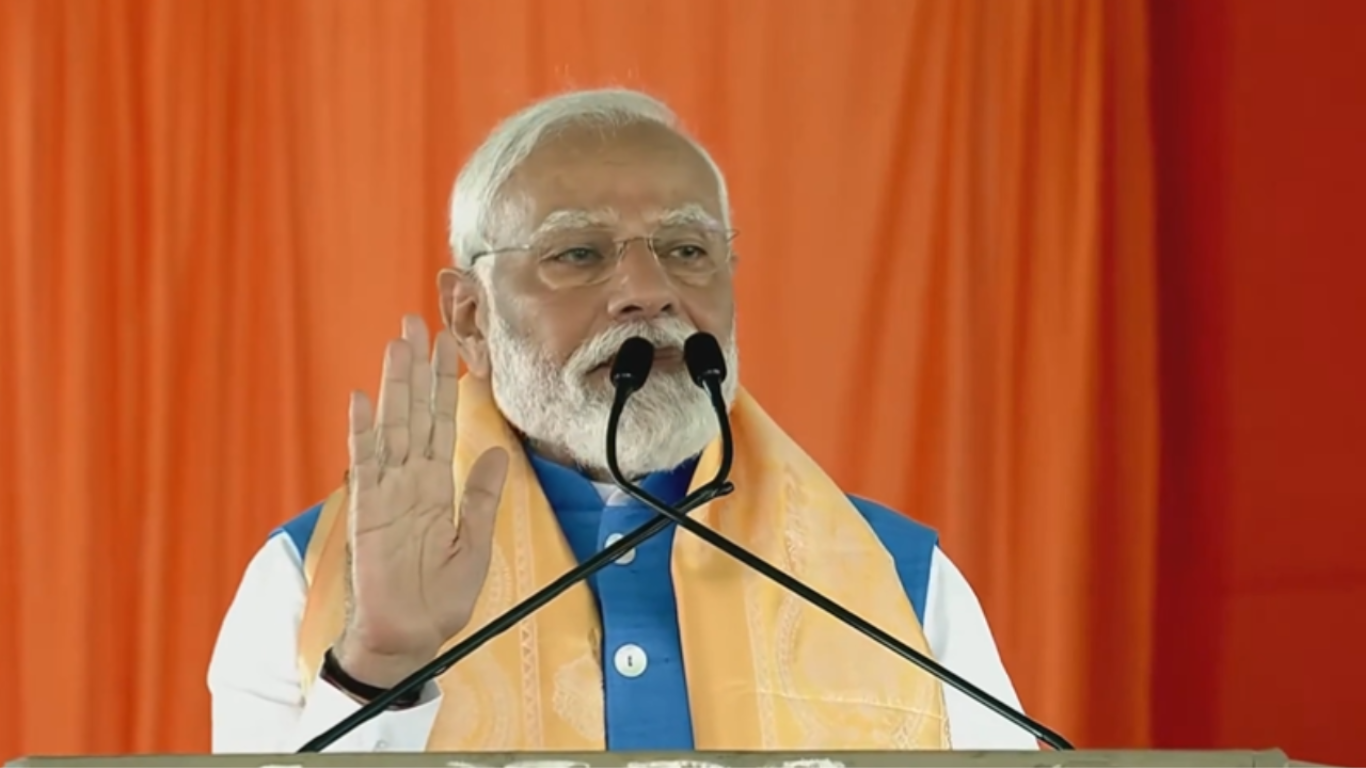Prime Minister Narendra Modi has emphasized that Article 370 was never the agenda of the people of Kashmir or the broader Indian populace but rather the concern of a few influential families. In an exclusive interview with ANI, Modi highlighted the enthusiastic participation of Kashmiri voters in the recent Lok Sabha elections as a powerful statement to the world.
“Article 370 was the agenda of only four families, it was neither the agenda of the people of Kashmir nor the agenda of the people of the country. For their benefit, they had built such a wall of 370 and used to say that if 370 was removed, there would be a fire…Today it has become true that after the removal of 370, there is a feeling of more unity. The feeling of belongingness is increasing among the people of Kashmir and hence its direct result is also visible in elections, and tourism,” Modi stated.
The Modi government abrogated Article 370 in August 2019, which granted special autonomy to Jammu and Kashmir. This move, according to Modi, has fostered greater unity and a sense of belonging among the people in the region, reflected in the increased voter turnout and tourism.
The Prime Minister also noted the warm reception of international delegates during the G20 summit events in Kashmir, further underscoring the region’s positive transformation.
In the recent Lok Sabha elections, constituencies such as Srinagar, Baramulla, and Anantnag-Rajouri saw record voter turnouts. Srinagar recorded 38.49% polling, Baramulla 59.1%, and Anantnag-Rajouri 51.35% as of 5 pm on April 25. This level of participation is the highest since 1989 and marks the first Lok Sabha elections in Jammu and Kashmir since the abrogation of Article 370.
“First of all, I would like to pray to the justice system of our country that if the government wants to do any work, they have a design, and strategy to do that work. To solve such problems, work had to be done under that strategy. Now sometimes I had to shut down the internet for that. Some NGOs went to court and it became a big issue in the court but today the children there proudly say that the internet has not been shut down for the last 5 years and we have been getting all the facilities for the last 5 years. There was some pain for a few days, but it was for a good cause… It is very important to save the country from such NGOs,” he said.
Modi stressed that the enthusiastic voter turnout in Kashmir is a testament to the region’s acceptance of the Indian Constitution and dedication to the nation’s spirit. He expressed satisfaction with the record-breaking participation, viewing it as a message to the world and to sceptics who doubted the positive outcomes of the government’s decisions.
The Lok Sabha elections are being held in six phases, with the final phase concluding on June 1 and vote counting scheduled for June 4.
Article 370
Article 370 was a provision in the Indian Constitution that granted special autonomous status to the region of Jammu and Kashmir. It allowed the state to have its own constitution, separate flag, and autonomy over internal matters, while defence, communications, finance, and foreign affairs remained under the Indian government’s jurisdiction. Originally intended as a temporary measure, Article 370 meant that Indian laws did not automatically apply to Jammu and Kashmir; the state’s legislative assembly decided which laws would be applicable. The article also defined “permanent residents” of the state, granting them special rights and privileges regarding property, employment, and scholarships, not available to non-residents. On August 5, 2019, the Indian government revoked Article 370, fully integrating Jammu and Kashmir into India and reorganizing it into two Union Territories: Jammu & Kashmir and Ladakh. This decision was met with mixed reactions, with supporters advocating for better integration and development, while opponents claimed it violated constitutional guarantees and could lead to unrest.























